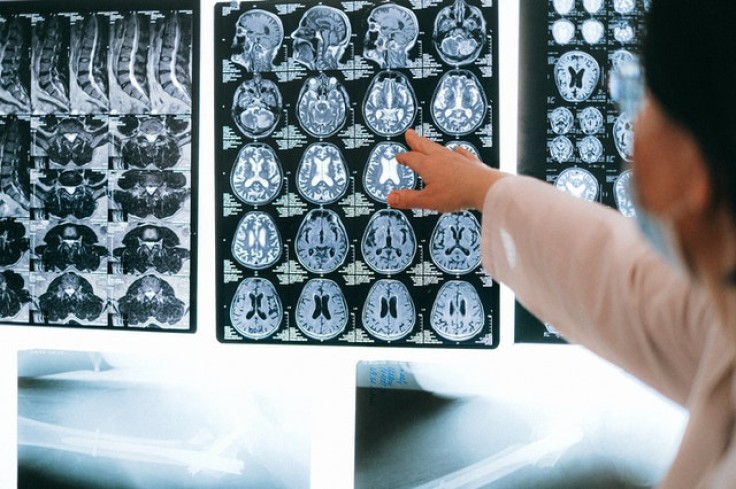
A brain tumor is the primary cause of cancer-related fatalities in children and second most common to teens, but a unique treatment is coming.
Brain tumors are the increasing cause of cancer-related fatalities in children under the age of ten and the second most common cause of cancer deaths in people under twenty. While brain cancer remains one of the most challenging cancers to treat, researchers at Dana Farber/Boston Children's Cancer and Blood Disorders Center significantly improve survival rates in the coming years.
While survival rates for children with some forms of brain tumors have improved significantly in the last 30 years, current research aims to increase those rates in the coming years mainly. Scientists are concentrating their efforts on the fundamental genetic and genomic errors that cause tumors, as well as the components of the tumor's "microenvironment."
To better understand the causes of brain cancers and how they could be combated in the future, researchers study the network of tissues and substances that surround tumors. Among the most recent developments is an innovative treatment: injecting millions of copies of a virus directly into children's brains to infect tumors and trigger an immune response.
Doctors have now made some progress, as they announced last Saturday, April 10, at an American Association for Cancer Research conference. In the New England Journal of Medicine, a dozen children treated this way lived more than twice as long as comparable patients in the past.
ALSO READ: Brain Tumor Risk And Higher Education Connected
Brain tumor unique treatment to children explained
Gregory Friedman, an expert on childhood cancer at the University of Alabama in Birmingham, clarified that although most of the patients involved in the experiment died of their disease, a few are still alive and well years after treatment, which is almost unheard of in this case.
Further, patients are diagnosed first and treated with a combination of management to improve their immune systems, he said. After failing other therapies, the patients in the study were given the experimental method. Proper consent forms complied with and submitted.
Gliomas account for 8% to 10% of all childhood brain tumors, according to the study. Surgery, chemotherapy, or radiation are commonly used to cure them, but they often recur. After that, they have a survival rate of just under six months.
Since the immune system has lost its ability to identify and attack cancer in these cases, scientists have been looking for new approaches to make the tumor a new target. They chose the herpes virus, which triggers cold sores and activates the immune system. Treovir, a company based in suburban Philadelphia, created a treatment by genetically manipulating the virus to infect the cancer cells.
Doctors gave the altered virus to 12 patients aged 7 to 18 whose cancer had progressed following standard treatments via tiny tubes inserted into the tumors. Half of the participants have received one dose of radiation, which is believed to aid in spreading the virus.
Tests also revealed high levels of advanced immune system cells in their tumors, implying that the therapy had enlisted the body's assistance in fighting the disease.
There were no major safety concerns, but there were a few procedure-related complications and minor side effects, such as nausea, vomiting, diarrhea, and fatigue.
Currently, eleven patients indicated that the drug was effective in imaging tests or tissue samples. The median survival time was over a year, which was more than twice what had previously been observed.